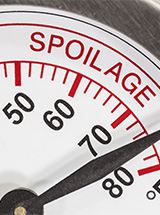
The food items wasted most are fresh vegetables and fruit. This is typically because we have bought too much or didn’t use it in time. By storing fruits and vegetables for maximum freshness, they will taste better and last longer, helping you eat more of them before they spoil.
When Buying
- Choose fresh foods that freeze well if there’s a chance you won’t get around to eating them in time.
- The length of time that food will last depends on how fresh it was when you bought it. Local, in-season produce will last much longer than produce that has been shipped a long way.
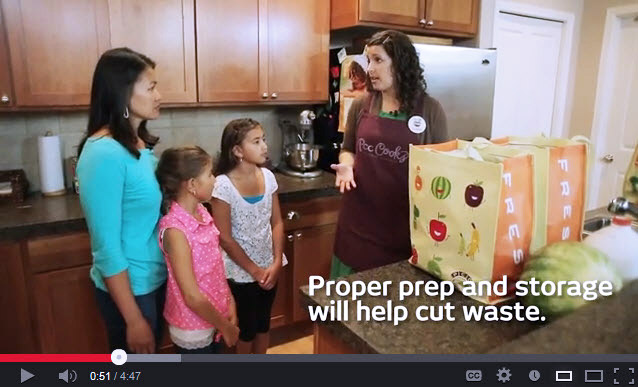
How To Store
- Learn where to store all the fruits and vegetables to keep them fresher longer. Download our handy food storage guide in multiple languages.
- Many fruits give off natural gases as they ripen that make other produce spoil faster. Separate fruit that is very ripe from others that are not as ripe.
- Store bananas, apples and tomatoes by themselves and store fruits and vegetables in different bins.
- Consider using storage bags or containers designed to help extend the life of your produce.
- If you like your fruit at room temperature, take what you will eat for the day out of the fridge in the morning, rather than keeping a fruit bowl out.
- Separate fruit that is very ripe from others as it will speed up the ripening of the other fruit.
- To prevent mold, wash berries just before eating.
- Have produce that’s past its prime? It may still be fine for cooking. Think soups, sauces, pies or smoothies.
What do food date labels really mean?
Date labels are confusing and can lead to needlessly throwing away good food. With the exception of infant formula, they pertain to product quality, not food safety. Learning the difference between “sell-by”, “use-by” and “best-by” dates is a great first step toward storing smart. Use this guide as a quick reference:
“Sell-by,” “Use-by,” “Best-by”
|
Types of Dates |
|
A "Sell-By" date tells the store how long to display the product for sale. You should buy the product before the date expires. But you can still store it at home for some time beyond that date, as long as you follow safe storage procedures. |
|
A "Best if Used By (or Before)" date is recommended for best flavor or quality. It is not a purchase or safety date. |
|
A "Use-By" date is the last date recommended for the use of the product while at peak quality. The date has been determined by the manufacturer of the product. |
|
"Closed or coded dates" are packing numbers for use by the manufacturer. |
Check out these resources for shelf life information about specific foods (external links): USDA Food Product Dating Guide external link , www.StillTasty.com external link or www.EatByDate.com external link .
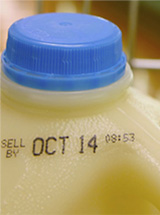
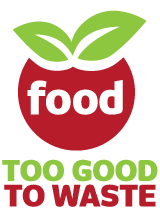
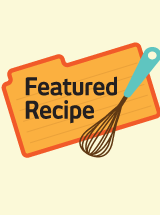


 Translate
Translate
